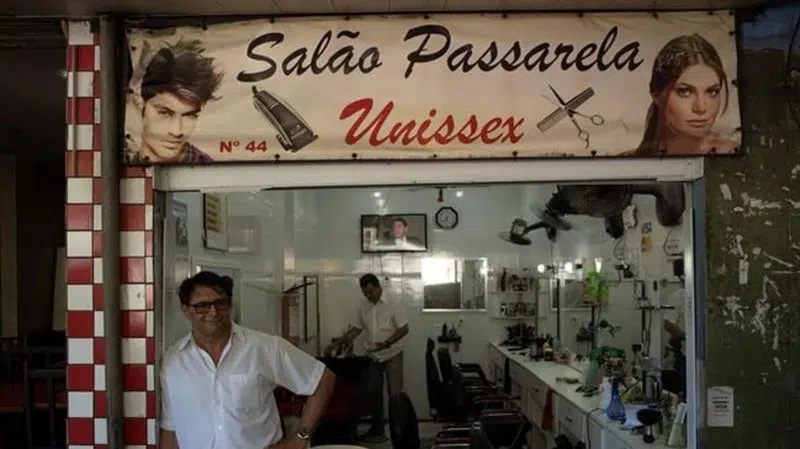
Brazil’s biggest favela seeks foreigner ban on virus fears
RIO DE JANEIRO — Since the outbreak of the new coronavirus, nations have begun imposing travel restrictions and closing their borders to contain the pandemic’s spread. The latest attempt to impose controls involves a smaller territory: the hillside neighbourhood of Rocinha in Rio de Janeiro.
Rocinha, Brazil’s largest favela that was home to about 70,000 people as of the latest census, is a geographic bowl with brick homes covering its slopes and overlooking the Atlantic Ocean. Its narrow alleyways reduce airflow around homes packed tightly together and the poor neighbourhood, which lacks proper sewage, has a high incidence of tuberculosis. Locals are understandably keen to avoid the import of other airborne pathogens.
With that in mind, Wallace Pereira da Silva, president of Rocinha’s residents’ association, says he delivered an official request on March 13 to the state tourism secretariat asking for foreigners to be banned from entering Rocinha.
“What we have most news of is that the disease comes from foreigners, and that worries us,” Pereira da Silva said in an interview. “Obviously we’re taking precautions — washing our hands, using hand sanitizer, etc. — but the big worry for me personally is foreigners visiting.”
